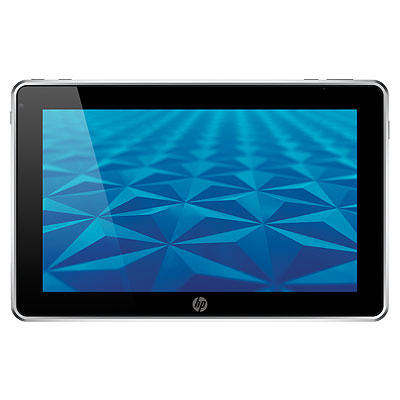Now, just a few years later, smart phones have become a consumer device, being purchased and paid for outside of corporate plans by everyone from front-line office staff to middle managers to field technicians.
According to ABI Research, smartphones made up 19% of all handsets shipped in the second quarter; that represents a 12% increase over the first quarter, and a 50% jump compared to the same quarter in 2009.
Put another way ...
Nearly one in five of the devices put into service between April and June were capable of sending and receiving email, browsing the internet, updating social media sites, and downloading huge amounts of data ... all with just a few minor movements of a finger or two.
It is an inconvenient fact that wireless bandwidth is finite. In the US, its usage is governed by the FCC, and therefore subject to political influence and the shortsightedness of all government officials. As such, this dramatic increase in usage will have a number of consequences. For instance, wireless carriers are already experimenting with tiered data plans, which will become a vehicle for price discrimination and increased costs. And we might also see performance degrade for streaming content like video and audio. Although this impact could be mitigated by a variety of technological advances.
In any case, technology leaders need to plan and budget accordingly. More and more users will require mobile solutions. This means a different kind of user support. This will have an impact on every aspect of connectivity. This will have an impact on reliability expectations. This will have an impact on security concerns and how ex-employees are treated. The time to start thinking about this is now!
Source: ABI Research - 19% of All Mobile Phones Shipped in 2Q Were Smartphones

